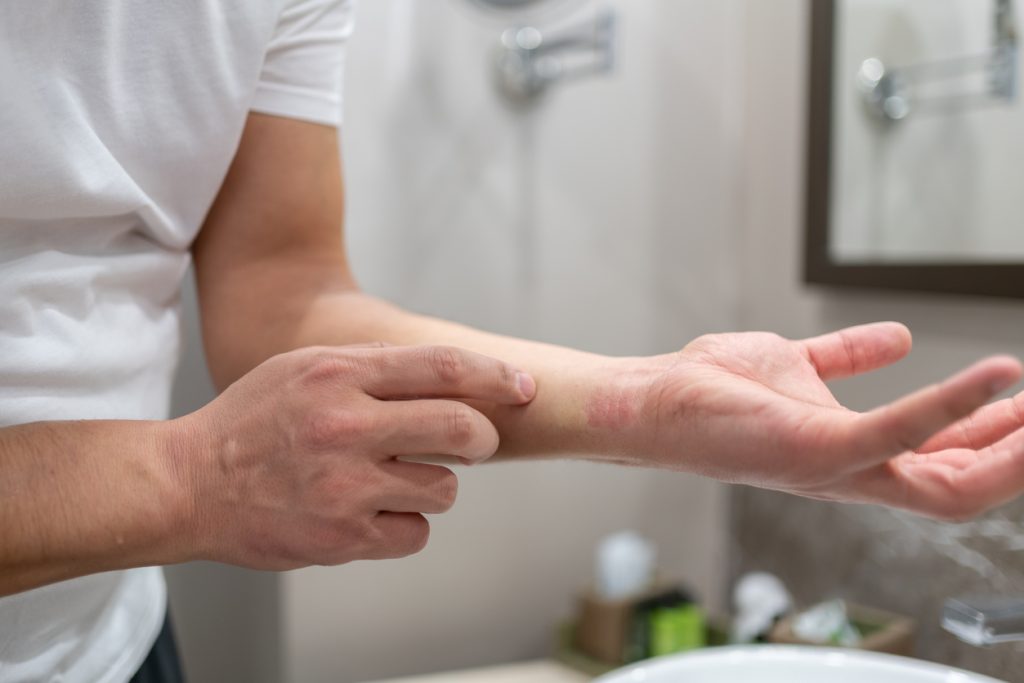Castle Biosciences, Inc. is launching AdvanceAD-Tx, a gene expression profile (GEP) test designed to guide systemic treatment decision-making in patients ages 12 and up with moderate-to-severe atopic dermatitis (AD).
This 487-GEP test is designed to identify patients with a Janus kinase inhibitor (JAKi) responder profile who are more likely to achieve an Eczema Area and Severity Index improvement of 90% (EASI-90), more quickly and with reduction of flares and itch by three months when treated with a JAK inhibitor than those treated with a T helper type 2 (Th2)-targeted therapy.
The test utilizes Castle’s existing laboratory workflows, enabling streamlined adoption for dermatologists already familiar with DecisionDx testing. Castle is pursuing multiple reimbursement pathways. AdvanceAD-Tx is being made commercially available through a measured, limited access launch beginning November 2025, with phased, expanded availability anticipated throughout 2026.
“Selecting the right systemic therapy for patients with atopic dermatitis can be a challenge, and too often patients end up cycling through multiple treatments before finding one that works,” says Jonathan Silverberg, MD, PhD, MPH, IDENTITY study author and Associate Professor of Dermatology at the George Washington University School of Medicine and Health Sciences in Washington, D.C., in a news release. “AdvanceAD-Tx is designed to uncover the biology driving each patient’s disease so we can better match the right treatment to the right patient from the start, helping them achieve relief faster and avoid unnecessary delays in care.”
More on the IDENTITY Study
In the validation cohort, affected lesions from patients aged 12 or older with AD were tested using the AdvanceAD-Tx test. All patients were either starting or switching to a systemic Th2-targeted therapy or a JAKi. The test revealed that 30.4% of samples tested had a JAKi responder profile. The patients with a JAKi responder profile who were treated with a JAKi achieved a higher rate of EASI-90 by three months compared to those treated with a Th2-targeted therapy (45.5% vs. 8.3%). Additionally, they were more likely to achieve a validated Investigators Global Assessment score of clear (Validated Investigator Global Assessment for Atopic Dermatitis [vIGA-AD], 36.4% vs. 0%), were significantly more likely to report “no itch” by three months (45.5% vs. 8.3%), and remain flare-free during treatment (54.5% vs. 16.7%). These patients also reached EASI-90 3.8 times faster, the study showed.


